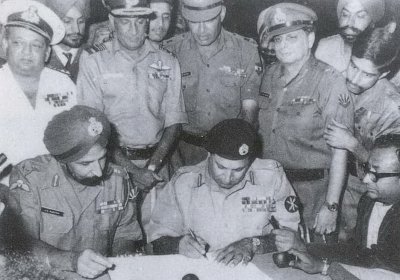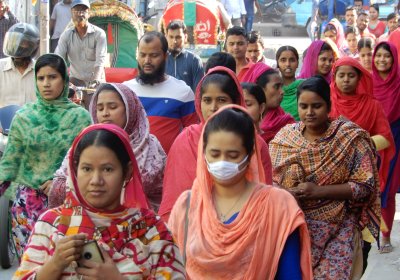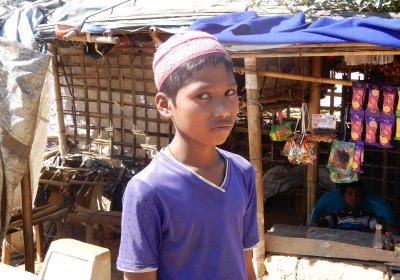The expansion of capitalism, through globalisation and imperialism, has caused social exclusion, poverty and environmental degradation in Bangladesh, writes Sabrina Syed.
Bangladesh
International Centre for Climate Change and Development's Noor-E-Elahi speaks to Susan Price about how climate-induced catastrophes are impacting on Bangladesh and its fight against COVID-19.
To date, there have been no cases of COVID-19 among the close to a million Rohingya refugees currently sheltering at camps in southern Bangladesh, writes Paul Gregoire. However, the danger of a mass outbreak is very real.
In the backstreets of Dhaka’s Mirpur precinct, towards the end of lunch time on a Friday, streams of garment workers make their way back towards the gates of the factories where they produce clothing for the Global North for as little as 39 cents an hour.
These workers are the unseen faces behind the ridiculously low price tags attached to clothing marked “Made in Bangladesh” in discount department stores around the world, writes Paul Gregoire.
Rohingya refugees living in a refugee camp in Bangladesh are just surviving, as they look towards the day when they can return to their homeland, writes Paul Gregoire.
Paul Gregoire travelled to Bangladesh and met with climate experts and communities bearing the brunt of the climate emergency.
Garment manufacturers in Bangladesh agreed to raise workers’ pay, commerce minister Tipu Munshi said on January 13, urging people to return to work after a week of violent demonstrations, TeleSUR English said.
Protests initiated by students of Ramiz Uddin Cantonment School and College have left Bangladesh’s capital, Dhaka, in turmoil. The protests were launched after two year 11 students Abdul Karim Rajib and Dia Khanam Meem were killed by speeding buses on July 29.
The undersigned Asia-Pacific left parties and organisations condemn the violent repression of the peaceful protests by students in Bangladesh.
The Rana Plaza collapse claimed more than 1000 lives — and showed management’s contempt for the safety of workers. Marienna Pope-Weidemann reports on the struggle for better conditions for garment workers in Bangladesh.
A new report, “Adani Godda Power Project: Too Expensive, Too Late, and Too Risky for Bangladesh”, by Tim Buckley and Simon Nicholas released on April 10 by the Institute for Energy Economics and Financial Analysis (IEEFA) has concluded that the Godda power project, promoted by Adani to justify its struggling Carmichael coal project in Queensland, is financially unviable and a poor strategic fit for Bangladesh.
During the early hours of August 25, some 20 to 30 police posts were attacked in Maungdaw, Buthidaung and Rathedaung townships in the north of Rakhine State in Myanmar (also known as Burma). Twelve police were killed along with 16 attackers.
Responsibility for these attacks was later claimed by the Arakan Rohingya Salvation Army (ARSA).
In the two weeks since, the Myanmar military’s response has been brutal, widespread and indiscriminate. While accurate figures are not available, between 400 (military’s estimate), and “around a thousand” (United Nations estimate) Rohingya have been killed by the army.
- Page 1
- Next page










